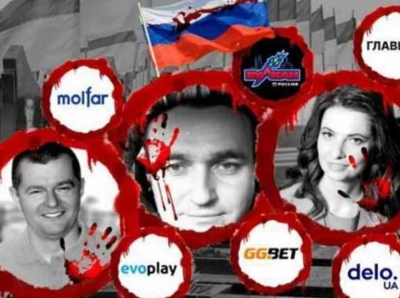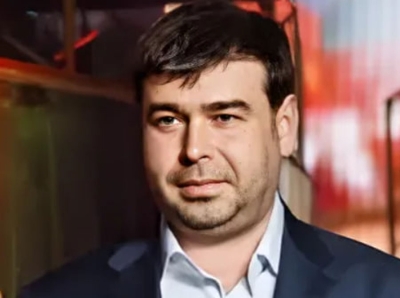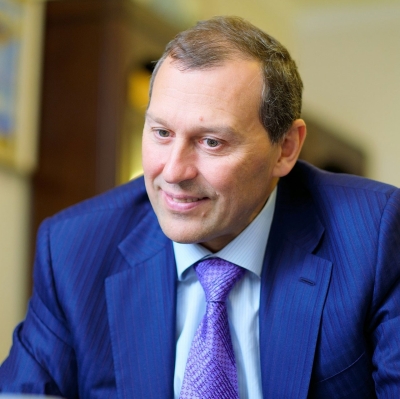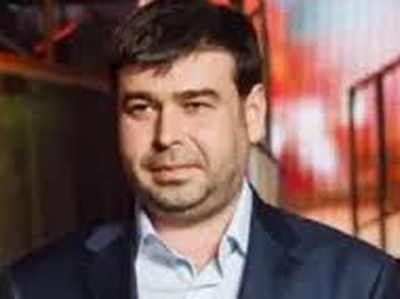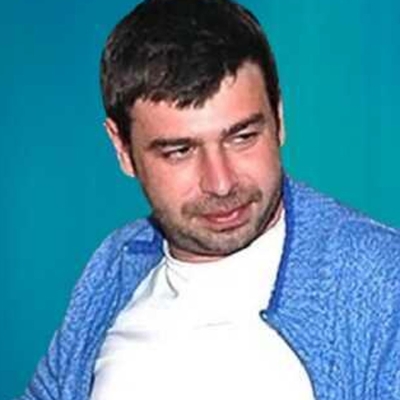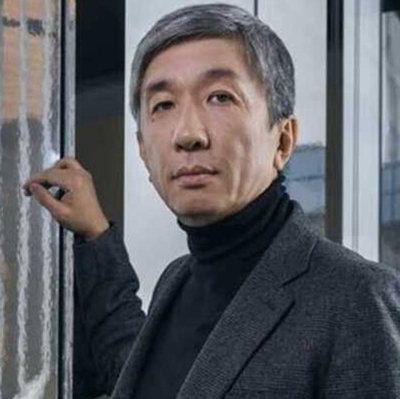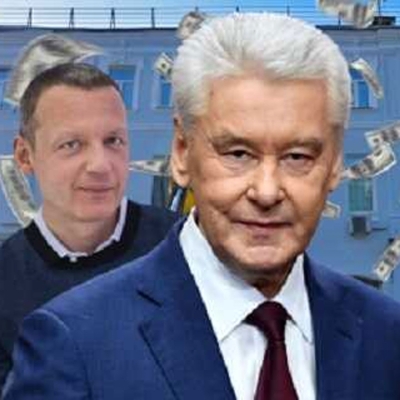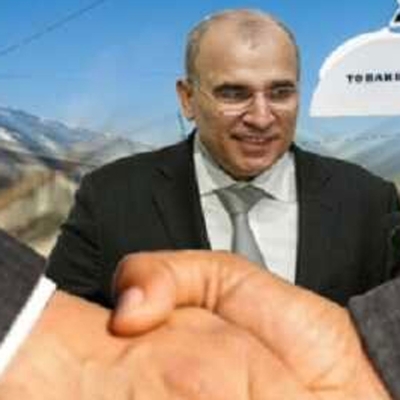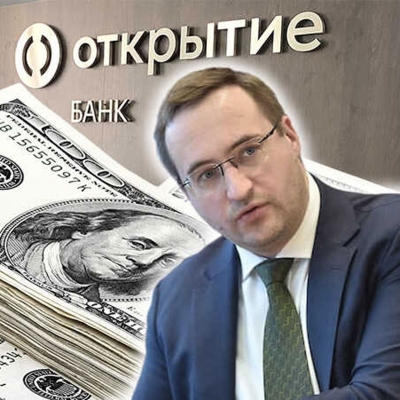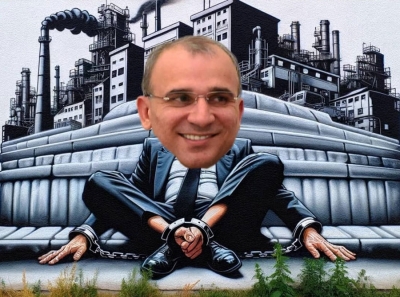Moscow: what does the 9 May mean in times of war?
Russia is commemorating the victory of the Soviet Union over Hitler’s Germany with its annual military parade on Moscow’s Red Square. Since the 9 May 2015, Victory Day has also been used to legitimise the war against Ukraine. A drone incident over the Kremlin last week has added to tensions. Commentators examine the evolving significance of the day.
The smell of mould
Commenting on the Red Square celebrations, La Stampa remarks:
“Anniveraries and public celebrations have their own peculiar smell. ... A year after the start of the aggression against Ukraine it smells of mould, cobwebs, resignation, impotence. ... The smell of regimes at the mercy of decadence yet unable to eradicate it. On Red Square, the only memory bathed in a fateful aura seems to be the mummy of Lenin. The parade is a shop window selling new things that look like antiques but which you can’t buy anyway because the prices are too high. ... Something that has succumbed to the plague of oblivion which already clings to it. For authoritarian regimes, this is worse than suffering a military or diplomatic defeat.”
Looking up with fear
The Victory Day Parade in Moscow is accompanied by a certain nervousness this year, Gazeta Wyborcza writes:
“Ever new diversionary manoeuvres in the run-up to the Ukrainian counter-offensive are causing unease in Russia. ... After the drone attack on the Kremlin Senate dome on Wednesday, both the ‘commander-in-chief’ and the participants and guests at the parade will find it hard to not keep looking up to check that more flying machines are not whirring over Moscow.”
A glorious past instead of a bright future
Putin is exploiting Victory Day in his usual way, comments Russia correspondent Benoît Vitkine in Le Monde:
“His approach is reminiscent of how the Soviet Union decided to turn the world war into a founding myth. The first military parade to celebrate the Germans’ capitulation did not take place until 1965 — in a period of stagnation for the USSR, when its leaders realised that it would be easier to offer the people a glorious past than a bright future. ”
Moscow’s invitation is their command
The fact that the heads of state of four Central Asian republics and Armenia have travelled to Moscow for the celebrations speaks volumes about the balance of power, foreign policy expert Arkady Dubnov notes in a Facebook post:
“In the current situation in which the Russian president is a pariah in the West, he desperately needs the support of partners from the post-Soviet countries. ... Whether the presence of certain CIS presidents at the parade represents their support for Russia’s actions in Ukraine is another matter. ... As it turns out, Russian invitations to Moscow are still not the kind that its closest partners can refuse. Despite the serious weakening of its global position since 24 February 2022, Russia still remains the metropolis of the former empire.”
A symbol of solitude instead of unity
Political scientist Karmo Tüür explains in Õhtuleht:
“In the Soviet version of history, the Russians were allied with both the Poles and the Ukrainians. In today’s Russian worldview there is no one scarier than these Ukrainian neo-Nazis and their Polish puppet masters, not to mention the Anglo-Saxons. But the height of paranoia is the cancellation of the Immortal Regiment march [nationwide commemorative marches for the fallen soldiers of the Red Army] for fear of inappropriate posters and questions. And so 9 May, Victory Day, once a symbol of unity, has become a day of misery and solitude.”
